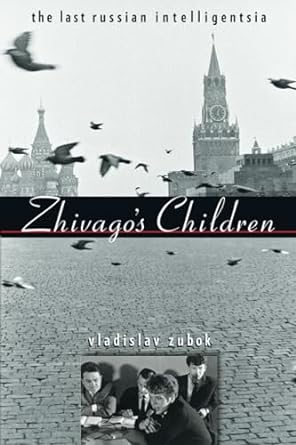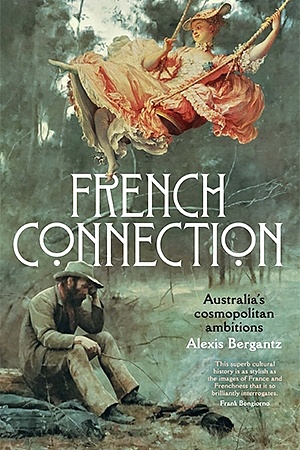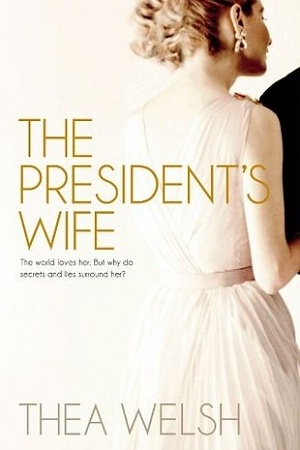Zhivago’s Children: The Last Russian intelligentsia
Harvard University Press, $79.95 hb, 453 pp
Land and sky
It is genuinely hard for countries like Australia, which have never regarded a powerful and alternative intelligentsia as particularly crucial, to appreciate either the role such an entity famously played in Russia or what a homegrown one might offer.
In 1955 Boris Pasternak, son of a pianist mother and artist father, announced ‘the dearest and most important themes’ of his new novel Dr Zhivago: ‘land and sky, great passion, creative spirit, life and death.’ But in a country where harsh censorship quickly extinguished any spark of liberal thought, subterfuge was necessary. Pasternak typically used Zhivago’s love life to suggest, and veil, his critique of contemporary events: Yuri retains a nostalgic affection for Tonya, a daughter of the old régime and his first wife, but abandons her once he meets Lara, a free-spirited incarnation of revolutionary idealism. The failure of the Revolution is symbolised by Lara’s disappearance and the advent of Zhivago’s third wife, a dreary, downtrodden worker on the Soviet assembly line. The irony was that, although his message got through to the West, the novel remained unpublishable in Russia.
Continue reading for only $10 per month. Subscribe and gain full access to Australian Book Review. Already a subscriber? Sign in. If you need assistance, feel free to contact us.












Leave a comment
If you are an ABR subscriber, you will need to sign in to post a comment.
If you have forgotten your sign in details, or if you receive an error message when trying to submit your comment, please email your comment (and the name of the article to which it relates) to ABR Comments. We will review your comment and, subject to approval, we will post it under your name.
Please note that all comments must be approved by ABR and comply with our Terms & Conditions.